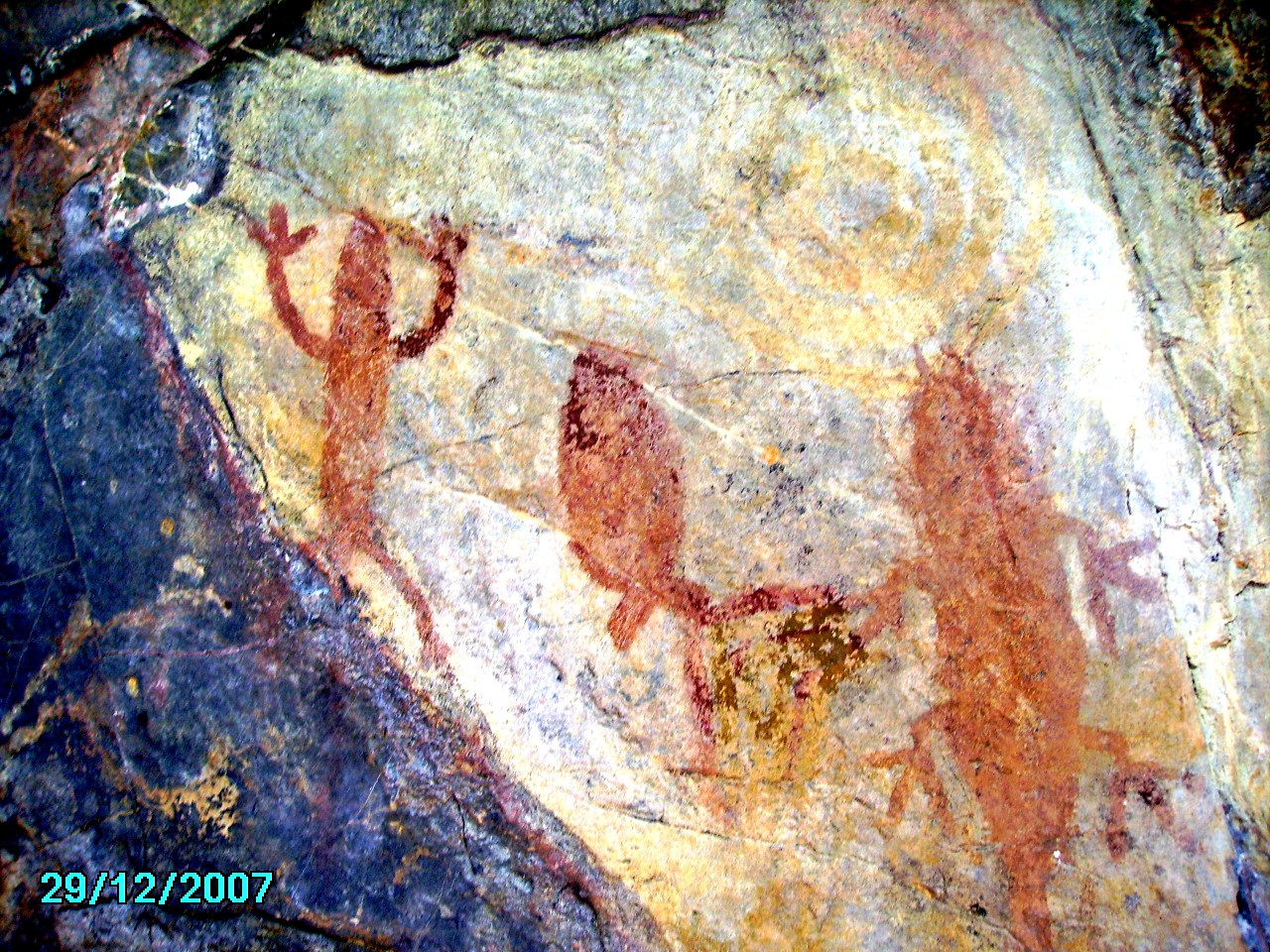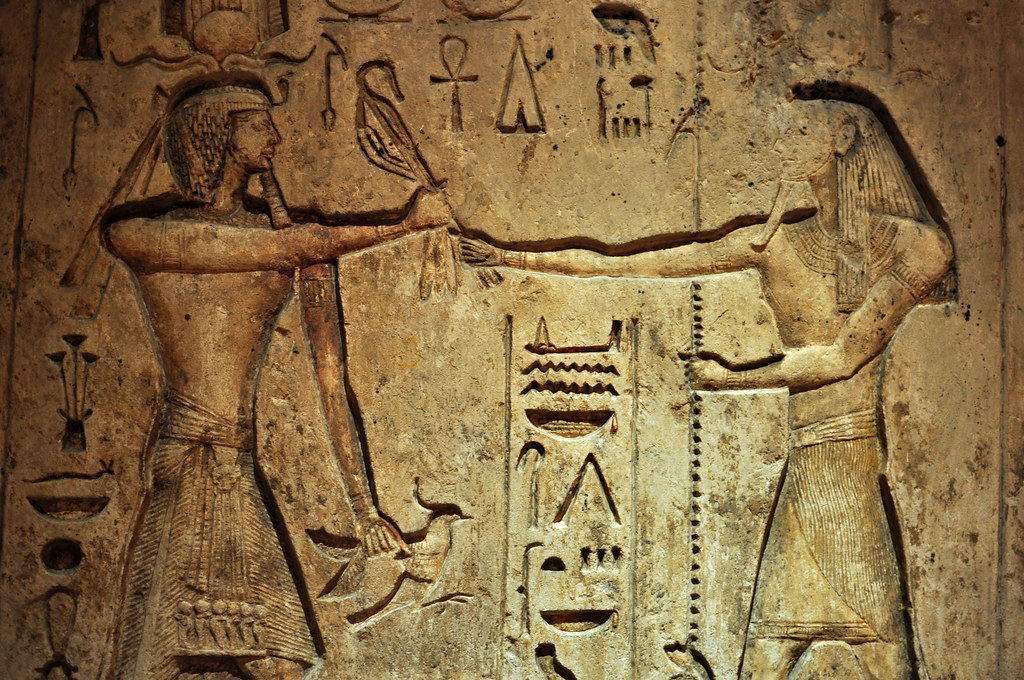Here’s a post from a couple of years ago which might be of interest if you haven’t read it before. (I would say that, wouldn’t I?)
Blogging has always been about self-promotion. The first known blogs were on cave walls, although they were pretty crude, to be honest, and it is often really difficult to make out what the bloggers were on about. There is speculation, indeed, that to refer to them as ‘blogs’ might be a little misleading. The fact that they tend to be short and that it is very hard to make out what they mean, leads some experts to assume that they were an early form of Twitter. And then the fact that they frequently depict crude human figures, especially exaggeratedly female ones, and various animals, suggest that even in these early times, social media were largely the preserve of the young person.

‘Share if you think these babes are hot.’
By the time of the rise of the first true civilisations in Egypt, they were beginning to get the hang of it. They have left massive numbers of inscriptions all over walls and columns and pretty well anything else that they could get a hammer and chisel near.

‘Amenhotep snubbed in Big Brother Pyramid game – LOL’
Some even see the Rosetta Stone as a forerunner of Google, but others don’t.
The first English blogger was The Venerable Bede. His blog is one of the main sources of our knowledge of Saxon times, which is a bit of a bugger really, when you consider how reliable social media are today as a source of modern history. He probably missed out most of the good stuff. But he blogged in Old English, anyway, which no one can understand nowadays so it probably doesn’t matter.

Leonardo da Vinci did a wicked selfie, but would probably be criticised nowadays for how few he produced. To be anyone on social media, it is probably necessary to post a minimum of twenty selfies in any twenty four hour period, but Leo was never up to that. But most of his blogs were all about what would then be science fiction and art and politics…so he’d have fitted in quite well with today’s bloggers really.
Samuel Pepys’ diaries are, of course, just the notes he took for his blogs. They are a mix of politics and news and what his family were up to, and his ‘conquests’ of various ladies. Wisely, he wrote most of this in shorthand and, even more wisely, put the more salacious bits in code. Nowadays, it is unnecessary to use code, since language is now changing so fast that no one can understand anything that was written more than six months ago anyway.
The Puritans thought blogging might be fun so they banned it, along with just about everything else, except breathing and praying. Well, praying, anyway.
A little later, newspapers were invented. These were not really blogs, since they were filled with news, rather than self-promotion, and it took a number of years before newspaper owners and editors realised that. Once they did, however, they worked very hard to make up for lost time, and now there are very few newspapers in the world that print mainly news.
And quite a lot that do not print any news at all.
In fact, they tend to be full of primitive opinion and often depict crude human figures, especially exaggeratedly female ones, and various animals.
And thus life turns full circle.
Photo credit (picture 1): jmarconi via VisualHunt.com / CC BY
Photo credit (picture 2): PMillera4 via Visualhunt / CC BY-NC-ND

This is a work of genius. And so bloody true – human nature really hasn’t evolved at all.
LikeLiked by 2 people
Thanks, Lucy. No, I don’t suppose it ever will.
LikeLiked by 1 person
Great article Mick, fascinating and so right about blogging being about self-promotion. Must admit i get really disappointed about the overly-promoting blogs and shy away from them. Prefer the personal angle far more. Like yours.
LikeLiked by 1 person
Thanks, Jonno. It’s a difficult wire to walk, sometimes. I want to promote my book and paintings, but I dislike the in-your-face-approach and try very hard to avoid it. But I also want to write about much more than them, so perhaps I find it fairly easy to walk that wire.
LikeLiked by 1 person
Quite a useful history lesson there. Never really thought of it like this, until now. Loved your spin on life being full circle!
LikeLiked by 1 person
Thanks, Ashima. There seemed to be a few parallels.
LikeLike
Very interesting point of view. Looking at the logic proposed, it is true that all written records were point of view and recording of events – which is what blogs do!
The biggest differentiation is that blog is accessible to all – across geographical and time barriers!
Absolutely lovely!
LikeLiked by 1 person
Thanks, Arv. Yes accessible to all. Sometimes I think too accessible!
LikeLiked by 1 person
True…if someone wishes to maintain a digital diary with limited or no access…you have that option too! turn your blog to private!
LikeLiked by 1 person
🙂 Really enjoyed this! “scrolling” through a capsule history of blogging, on my non-cuneiform tablet, following the script, on our way to all-emoji cave drawings.
LikeLiked by 1 person
Ha! You’ve clearly got it, Robert. Thanks.
LikeLike
Who knew that those of us who blog are carrying on an ancient tradition? Thanks, Mick!
LikeLiked by 1 person
There’s nothing new under the sun, Ann.
LikeLiked by 1 person
Clearly, I need to work harder on that self-promotion part. At least in yesteryear using SPAM to advertise was somewhat popular.
LikeLiked by 1 person
Me too, Dave. I’m just no good at it.
Still getting a certain amount of spam, though.
LikeLike
Quite informative. Thanks
LikeLiked by 1 person
You’re welcome, and thanks for visiting.
LikeLike